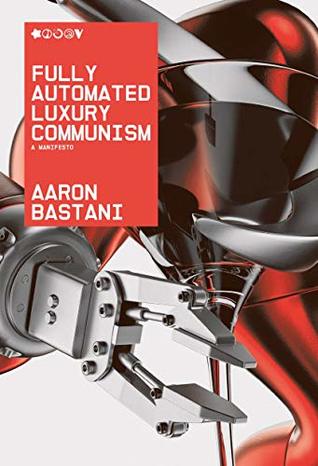More on this book
Community
Kindle Notes & Highlights
Read between
July 4 - October 15, 2019
With the arrival of communism any distinction between mental and physical labour would vanish, with work becoming more akin to play. This also meant a society with greater collective wealth, where all essential wants as well as creative desires are satisfied. Which is where luxury comes in.
as information, labour, energy and resources become permanently cheaper – and work and the limits of the old world are left behind – it turns out we don’t just satisfy all of our needs, but dissolve any boundary between the useful and the beautiful. Communism is luxurious – or it isn’t communism.
There is only one problem with the presumption that services, high-or low-skilled, will provide jobs where industry and agriculture no longer will. It turns out that any repetitive endeavour – whatever the industry – can be automated within the context of rising digitisation. Just as we reached ‘peak horse’ a century ago, as one paradigm came up against another, within a generation we are set for peak human.
Some might say customers want an emotional connection when they shop, and in certain contexts that may well be true, but most of the time the primary consideration will be the best product at the most affordable price.
But as we’ve already seen, this is at odds with the essence of capitalist social relations, a system where ‘the most basic condition for economic efficiency … [is] that price equal marginal cost’ – that is, where things must be made for profit if they are to be made at all. That means one likely response to extreme supply in energy is that companies will try to make the appropriate technology artificially scarce, market rationality requiring that at some point in the commodity chain rationing (what is called excludability) has to be inserted.


